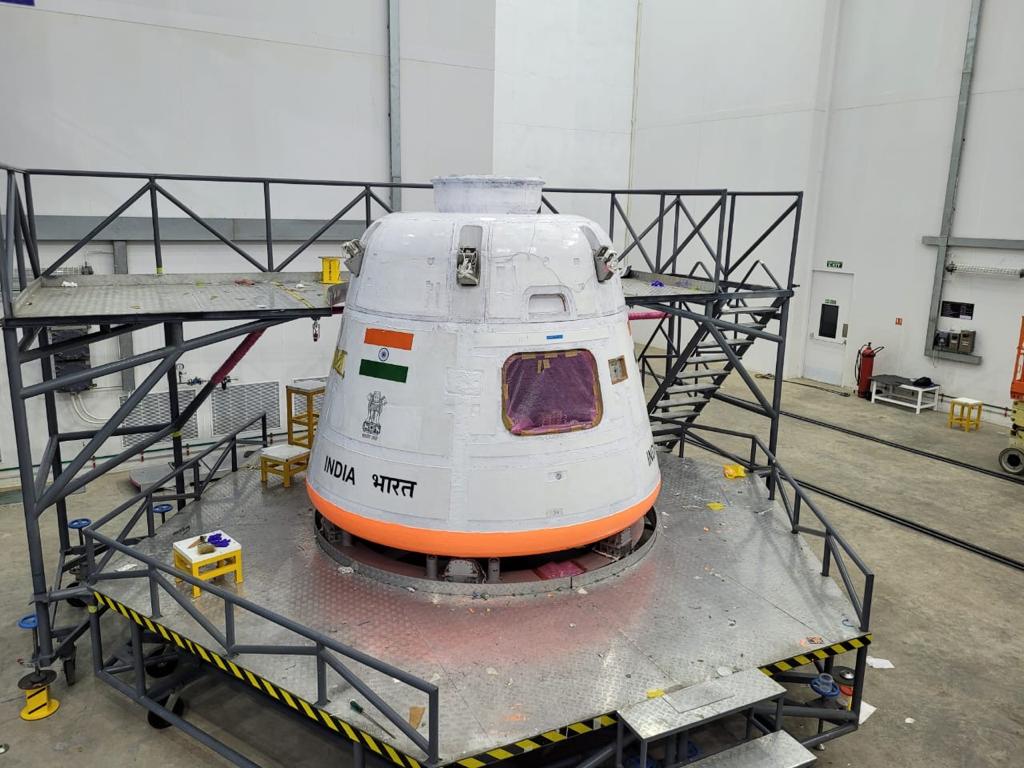The Indian Space Research Organisation ISRO is preparing for its inaugural flight test vehicle (FTV) abort mission, which is expected to take off on October 25, in preparation for the launch of India's first human space mission, Gaganyaan.
Gaganyaan is anticipated to take place in late 2024 or early 2025.
The principal Gaganyaan mission aims to carry three Indian astronauts to a low Earth orbit at an altitude of 400 kilometers for a duration of three days.
"Mission Gaganyaan: ISRO to commence unmanned flight tests for the Gaganyaan mission. Preparations for the Flight Test Vehicle Abort Mission-1 (TV-D1), which demonstrates the performance of the Crew Escape System, are underway," said ISRO on X.
As per information from ISRO sources, the impending maiden developmental flight, designated as Test Vehicle-D1 (TV-D1), is in its final stages of preparation.
TV-D1 will operate without a crew on board and is specifically intended to assess rescue procedures, ensuring the safety of astronauts in the event of potential emergencies during the primary Gaganyaan mission.
Scientists said the Test Vehicle mission with CM is a significant milestone for the overall Gaganyaan programme “as a near-complete system is integrated for a flight test.”
The successful completion of the initial test flight will pave the way for subsequent tests and unmanned full test missions prior to the primary human mission.
In 2006, initial studies and technological groundwork for the Gaganyaan project commenced under the moniker "Orbital Vehicle."
The primary objective was to create a straightforward capsule capable of hosting two astronauts, enduring approximately one week in space, and executing a splashdown landing following re-entry.
The project was officially initiated in 2007, with an anticipated completion date of 2024 and an allocated budget of approximately ₹10,000 crore.



